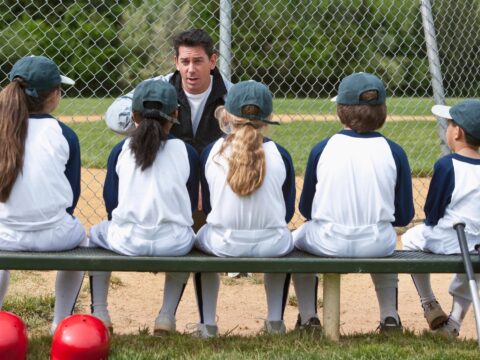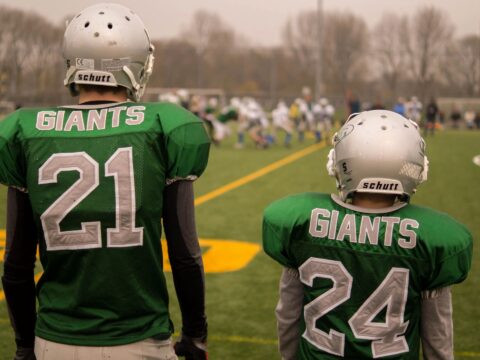I often hear parents and coaches talk about the importance of winning, working hard, giving 110%, and becoming a great player. What I don’t hear quite as often, is the conversation around how important it is for that player to become a great person, a great friend, and a trusted, reliable teammate. I don’t hear them talking about the importance of integrity.
According to FastCompany.com integrity has 7 core characteristics:
- Honesty
- Respect
- Generating Trust
- Pride
- Responsibility
- Keeping Promises
- Helping Others
I am amazed by the lack of importance many parents place on these characteristics when it comes to youth sports. And the farther the kids go in their athletic careers, the worse it seems to become.
Integrity is predominantly a learned behavior. If you want your children to have it, they need to be around others who set the same example. They need to see their parents and their coaches act with integrity. They need to understand what it actually means to treat others with respect and yes, sometimes it even means learning a hard lesson like why honoring a commitment or keeping a promise matters.
If you’re a parent, especially one who is just entering youth sports, know that acting with integrity might be the single most important thing you can teach your kids while they are learning to catch a ball and work with a team. It can be the deciding factor in where your kid goes to college or whether or not they are able to build strong, healthy relationships in the future. It may also be a determining factor in who is talking behind their back at school and who is talking behind yours while you watch your progeny play on the field.
Yes, you want your kids to be competitive. Of course, you would like them to win games. Absolutely you want your kid to stand out as a leader or a superior player. It’s what many of us dream about for our children. But you should not want all that at the expense of raising a good person.
Teaching kids to keep their promises or reminding them to be respectful, trustworthy human beings is critical to long-term success both on the field and even more importantly in life…in a career. In fact, The Economist states that integrity is ranked as a top-quality for executives, among both employees and CFOs. Why? Because ‘character includes integrity and signals if the leader is friend or foe.’ Employees will trust and follow people with integrity and the same is true on any field and in any sport.
Let’s be realistic. The fact is that according to the NCAA, 97.9% of male athletes and 97.1% of female athletes playing in high school today across all top sports will NOT play at the D1 level, let alone receive a scholarship, so the probability of youth sports being the sole impetus for their future success is minimal. But that certainly doesn’t mean those same kids won’t be successful as people. The fact is that learning to function as a team, learning to lead and follow on the field, and becoming a helpful, trustworthy teammate can actually become a foundation for where they find themselves in 20 years.
While there may be a place for every future player in college (at some level), the success we all want for our children should be focused on what they will be when they really do grow up. A good person, a great parent, a true friend, a trusted employer, or a valued employee, and that success will likely have a lot more to do with their integrity.
Sports should be competitive, but more importantly, they should be fun while serving as an amazing learning experience. If you are lucky, that experience will have a positive impact on your kid no matter how long they play and if you are even luckier they will play because they love the game, their team, and maybe even their coach (even when it’s not you). And on the very best day, they will play because it makes them happy and you will bask in the joy of watching them do what they love.
So whenever you stand on the sidelines and are tempted to yell at them for missing a ball, or when you want to badmouth players on the drive home, or when you are aggravated at the coach who is volunteering their time to help your kid, remember integrity. Your kid and all of the others are watching, listening and learning.





